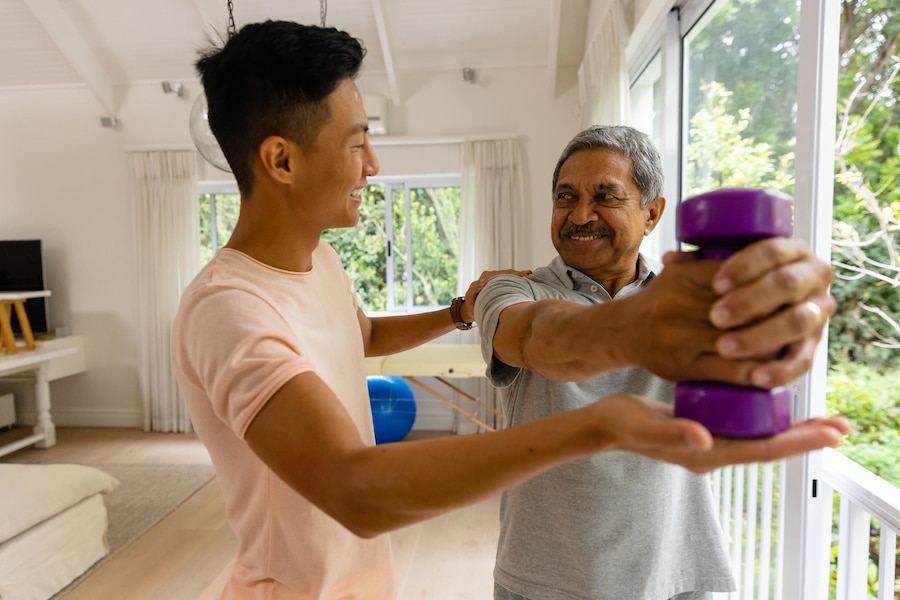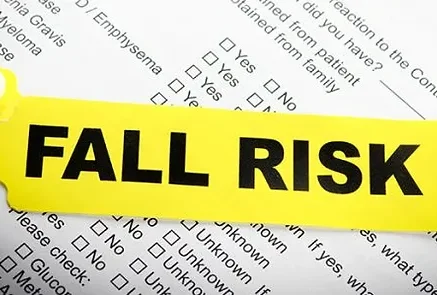“There are simple and easy-to-adopt measures that will minimize the risk of falling in elders in the family, says Dr. Rahul Padmanabhan
Kamala, a 70-year-old woman, observed a gradual change in her gait over the years. A sociable lady, she frequently visited her children in Bangalore and Pune. After her husband’s passing a few years ago, she found solace and relief from loneliness in travel.
Despite experiencing a few falls, Kamala did not think much of them and did not consider them significant enough to discuss with her doctor. One night, however, she fell while heading to the toilet and broke her hip. Though she was operated on, she could never walk again. Today, she is bedridden and miserable. That single fall changed her life.
The Magnitude of the Problem
Studies in the UK show that about 50 percent of patients who were living independently before sustaining a hip fracture are unable to do so afterward. Additionally, five to ten percent of patients die within a month, while around 20-30 percent die within a year.
The elderly are more likely to fall for several reasons:
They may have weak bones that can lead to fractures.
They may be on sleep aids, anti-epileptic, anti-psychotic, or anti-hypertensive medication that can cause instability.
They may be overmedicated, occasionally taking the same medicines under different brand names.
Diabetes mellitus can lead to neuropathy and visual problems.
Conditions like Parkinson’s disease can lead to balance and coordination issues.
Urinary incontinence may cause them to wake up frequently at night.
They may wear inappropriate footwear.
They may have poor vision.
Depression can also be a factor.
Weak muscles increase the risk of falls.
Poor home conditions, such as inadequate lighting, cluttered rooms, and lack of handrails or supports in toilets, can contribute to falls.
Prevention
Elder care specialists can assess the risk of falls and subsequent fractures using simple, well-validated, inexpensive, non-invasive screening tools. These can be used in outpatient settings. Doctors and physiotherapists should evaluate and recommend measures to reduce the risk of falls and subsequent fractures.
Some prevention tips include:
- Regularly reviewing the patient’s medications, as some can cause drowsiness or instability, leading to falls.
- Medications can also help manage incontinence. Simple strategies like scheduled voiding and avoiding fluid intake after 4 PM can be beneficial.
- A physiotherapist should evaluate the patient’s footwear.
- Regular eye check-ups are essential.
- A regular exercise program is important. Lack of exercise weakens muscles, increasing the risk of falls.
- Make the home safer by removing potential tripping hazards (such as rugs, papers, books, clothes, and shoes) in areas where the person walks.
About Dr. Rahul Padmanabhan
Dr. Rahul Padmanabhan is a consultant in Geriatrics and Gerontology, with a decade of experience in elder care. He specializes in home and community-based geriatrics and currently serves as the medical director of Dr. Rahul’s Elder Care in Coimbatore, a leading geriatric care service provider in the region.



